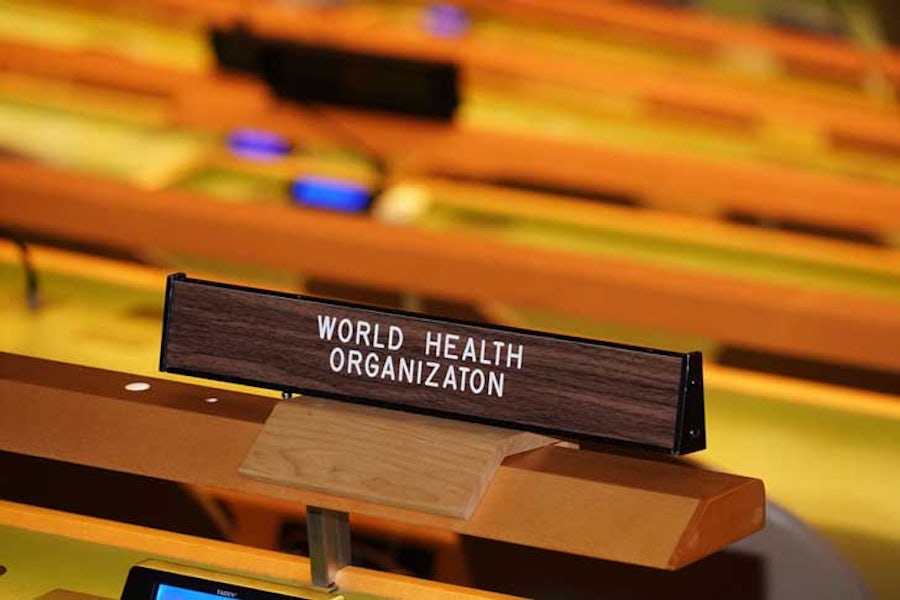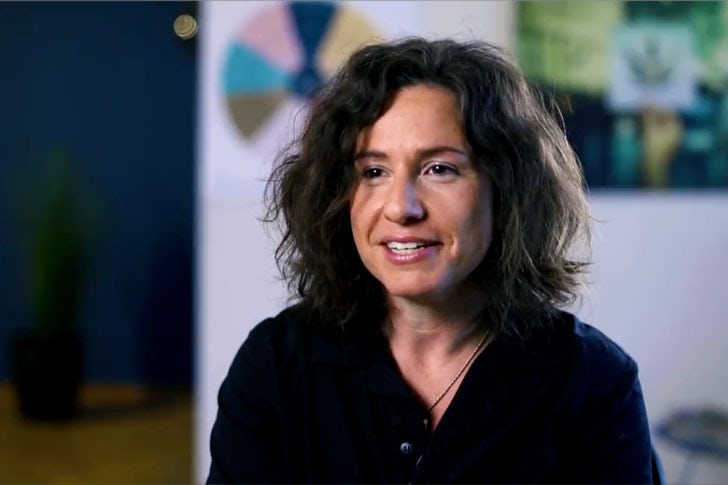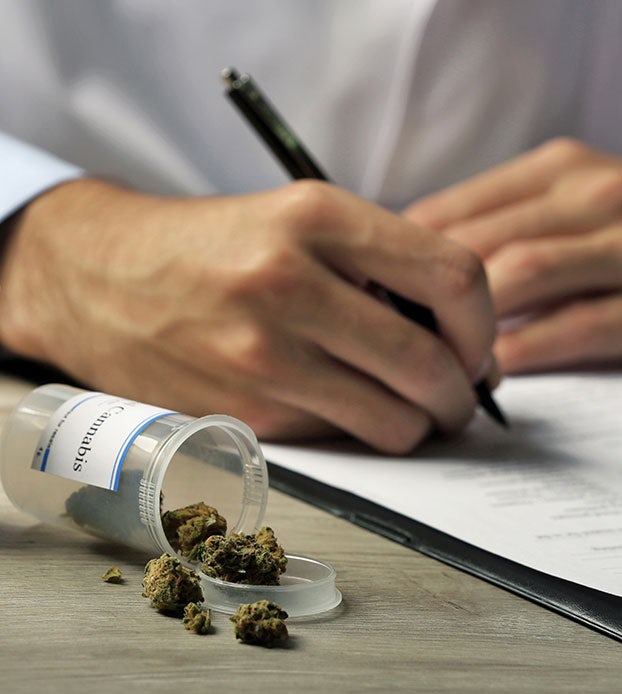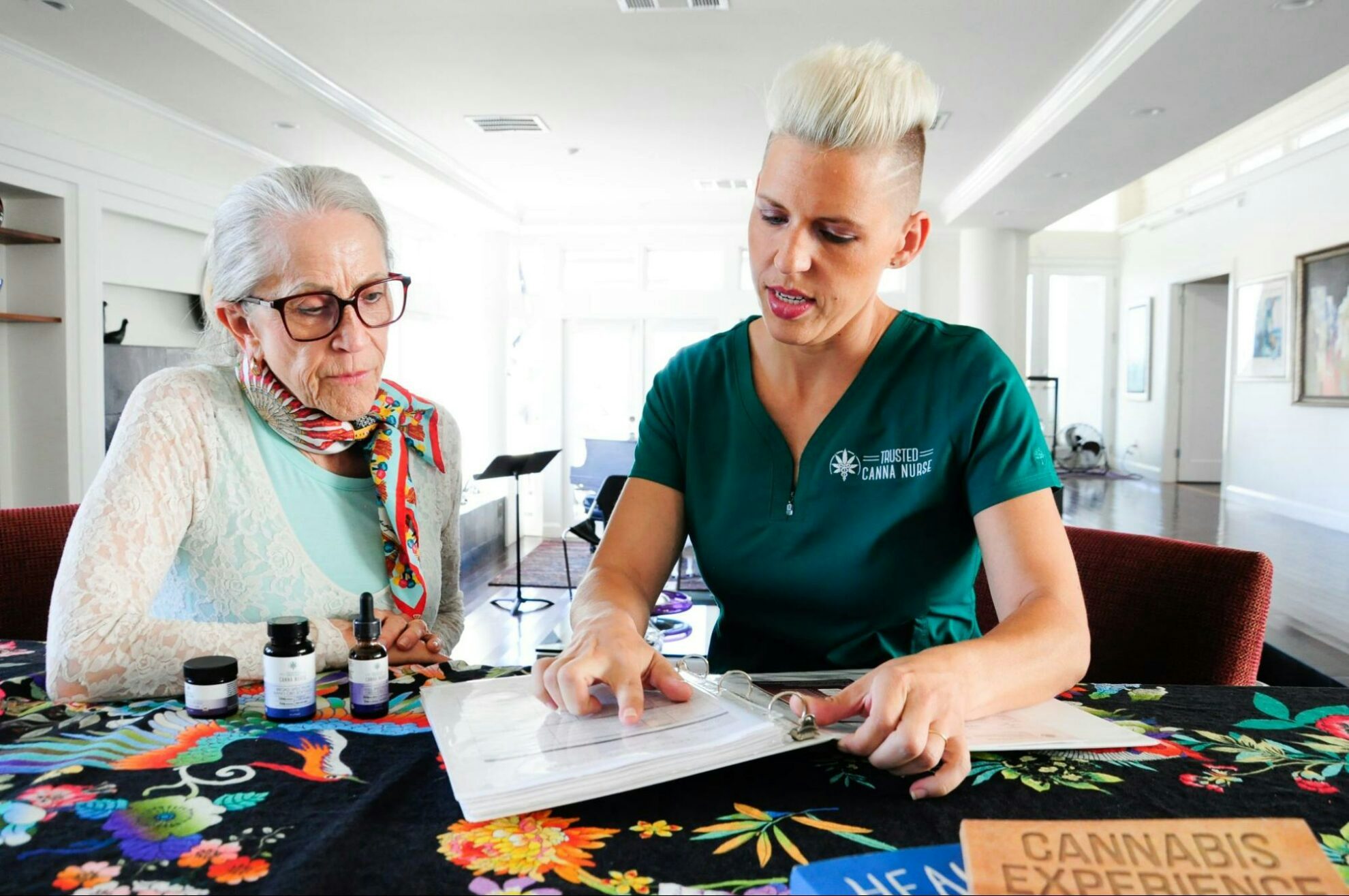This article was originally published on Analytical Cannabis and appears here with permission.
Beyond the recent cannabis victories at the state-level in America, there is another momentous change in cannabis policy brewing at the highest levels of the global scientific and policy community.
As of this December, the World Health Organization (WHO) will meet in the hopes of finally establishing new rules about the scheduling of both cannabis and its cannabinoids and extracts.
The last time the WHO gathered to pontificate about the same issue was this March, just over a week before they declared a global public health emergency. However, this was not necessarily the reason for delay; the discussions have been bogged down for several years at this point.
No matter the reason, it seems unlikely the WHO will kick the can down the road much further. What happens next month, in other words, could have long term global effects for drug policy.
Finessing cannabis reform through international drug treaties
There are two big international treaties that govern the rules about the scheduling of cannabinoids at the global level. These are the 1961 Single Convention on Narcotic Drugs and the 1971/2 Convention on Psychotropic Drugs. Cannabis the plant, as well as cannabinoids and other extracts from the plant, are scattered throughout the schedules defined by these two treaties.
Both currently determine that cannabis and its resins, extracts, tinctures, and THC isomers are “Schedule I” drugs. A Schedule I substance definition also means that a drug has no medical use and is dangerous, with high levels of addiction possible.
The WHO has been meeting for several years to try to decide how to amend both these treaties, and it is set to do so again this December. At stake is regulatory change to allow for the better regulated, higher standard medical industry as well as the growth of the hemp one.
Recreational reform will have to battle through continuing Schedule I issues on a federal level everywhere.
Beyond the lobbyists and patient advocates, however, there is also the recommendations from the International Narcotics Control Board (INCB), which advises the WHO formally on setting cannabis policy, and have been meeting this year to prep member states for the December meeting.
From the perspective of the INCB, adopting some of the proposed amendments would make its job easier. How this would impact the nascent medical industry or patients is another matter. No to mention, of course, the recreational discussion, as it too progresses.
The WHO’s recommendations to reschedule cannabis
The following are the recommendations to be considered this December and what could happen as well as the potential impact.
1. The WHO is considering deleting cannabis from Schedule IV of the 1961 Single Convention on Narcotics, while keeping it in Schedule I.
The INCB did not find that this would impact their burden, namely because cannabis would still be classified as a dangerous narcotic with no known medical uses. Unlike, say poppies, which are not so designated natural form.
2. The WHO is considering transferring the regulation of THC from two treaties to one by deleting its inclusion in the 1971/2 Convention on Psychotropic Substances while keeping it in the 1961 Convention.
The INCB does not have an issue with this. Indeed, it has stated that this change will make cannabis easier to control.
The only problem is that this is not just a “swapping” of equal treatment between two drug control treaties. Under the 1971/2 treaty, cannabis is also defined as a Schedule II drug, albeit psychotropic. Broadly, this classification applies to a drug with abuse potential, but one that can be dosed and controlled by a doctor when prescribed to a patient.
Per the 1961 Treaty, cannabis is considered a Schedule I drug. The supposed consolidation of cannabis under one treaty idea would, in fact, automatically criminalize all patients again who want direct access to the plant.
Advocates are fighting over this one because of the danger it causes to patients and medical programs, if not the hemp industry beyond that. And if another recommendation is also adopted, this would effectively continue to outlaw the genus of the plant itself.
3. The WHO has recommended deleting “extracts and tinctures” from Schedule I of the 1961 treaty. Namely, the plant would be left as a “dangerous” substance (unlike poppies, for example) in its raw form on an international level, but tinctures and extracts could be classified differently.
Per the INCB, this would be fine, which is why this recommendation is very likely to be adopted. From both the medical and recreational side, this legislative change will also favour those who can obtain licenses and extraction permits or pass their product through regulatory certifications.
4. The WHO wants to exempt hemp with a THC content lower than 0.2 percent from Schedule I of the international control regulations.
While nice in theory, and strongly supported by the hemp industry, the INCB argues that it will be almost impossible for them to regulate. At present, in countries where this mandate is currently strictly followed, for example in France and the UK, the harvesting of hemp flowers, even if for extraction, is not allowed.
It is unknown what the WHO might do on this, but there is a chance that this may become reality.
It still does not free the hemp side of the discussion from medical regulations, novel foods issues, or EU-Bio regulations, but that is another discussion.
5. The last change on the table would be to move the medical industry into a Schedule III designation. Under such a ruling, extracts with THC would be classified as dronabinol currently is in the United States.
This is being supported by the pharma and larger Canadian lobbies, particularly those who want to sell their extracts and tinctures to the insurance industry in places like Germany and the UK.
However, again, it leaves the status of the actual cannabis plant in a terrible limbo, and further one that can be exploited for political purposes on the ground, nationally everywhere. Indeed, as the INCB note, this is a very overbroad kind of designation and would, in its opinion, need further definition.
No matter which of its own pending recommendations the WHO chooses to adopt (or not) and based not only on the input of the INCB (which also has a decidedly law and order rather than social reform agenda), there is sure to be further controversy. Stay tuned for more coming in December.
Marguerite Arnold is a German-American journalist who has covered the cannabis industry from Europe for the last seven years. Her second book on the topic, ‘The Inside Story of The First German Cannabis Cultivation Bid. Green II: Spreading Like Kudzu,’ will be released on December 1, 2020.
Sign up for bi-weekly updates, packed full of cannabis education, recipes, and tips. Your inbox will love it.

 Shop
Shop Support
Support
















